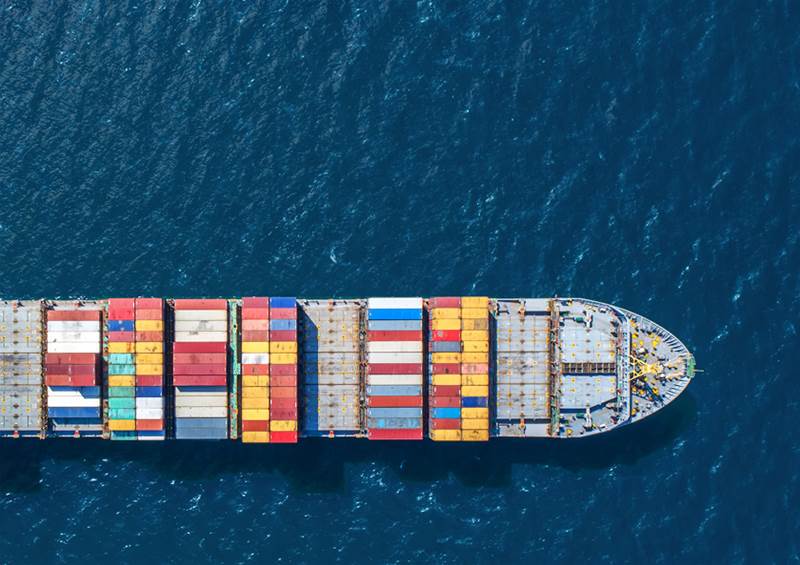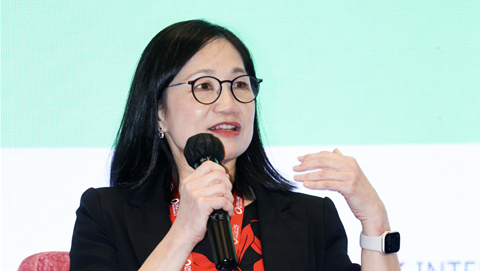Singapore and Indian banks and companies have kicked off interoperable electronic Bill of Lading (eBL) transactions for the shipment of goods between the two countries.
The "live" transaction implemented under the TradeTrust framework, an initiative by Singapore's Infocomm Media Development Authority (IMDA), "successfully" showcased the digitalisation of cross-border trade financing documentation that can be applied across different systems.
The framework utilises a blockchain-powered technology that ensures singularity and provenance in the transactions, thus achieving greater security and accuracy.
IMDA claims it to be the first shipment to undergo a fully paperless transaction process.
Bills of lading are "essential documents in shipping and logistics, representing legal proof ownership of goods in transit, as well as receipt of goods," according to Investopedia.
Globally, only about 1.2 percent of bills of lading are issued electronically due to limitations in platforms as noted by the Digital Container Shipping Association.
eBLs have emerged as a promising solution to address the challenges faced in international trade.
Besides minimising the risk of demurrage and detention of goods, they are said to enhance trade financing opportunities without any chance of damage or loss of paper documents.
Singapore's Minister for Trade and Industry Gan Kim said this TradeTrust project is a big step towards making international trade easier and faster, especially for SMEs.
"This will result in cost savings for companies and enhance access to trade financing," he added.
This project has been implemented in close partnership between government agencies including the National Institute for Transforming India (NITI) Aayog and Singapore’s Ministry of Trade and Industry (MTI) and industry partners like Jindal Stainless, ICICI Bank, DBS Bank, Maptrasco and A P Moller-Maersk.
DBS has partnered with the commodities trader Maptrasco to carry out the live transaction. The project leverages the United Nations Model Law for Electronic Transferable Records and aims to drive cross-border document and title exchanges.
DBS group head of global transaction services Lim Soon Chong said the partners are looking forward to commercialise the solution at scale across the region and beyond.
As a major importer of scrap as a raw material, Indian steel company Jindal Stainless said, interoperable eBLs will benefit them with "speedy" release of goods at the port.
"We are proud to be partnering with the Indian and Singapore governments in helping build an ecosystem for efficient international trade which we hope will only become more widespread in the long run," said the company's managing director Abhyuday Jindal.









